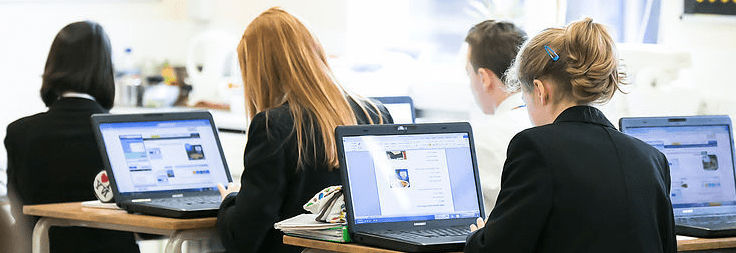
How can you be assured that your students are safe online?
Published
Friday, 24 February
Author
Mark Rosser
Categories
Blog
February
Share
While the internet opens up a whole new world of learning and discovery, it also has certain risks and dangers. It’s important for students to know how to be safe online so they can experience the enormous benefits of the internet responsibly and with confidence. But just as they learn how to cross the road safely or to be aware of the dangers of strangers, they also need to learn internet safety skills.
This content is restricted to BESA members
LoginNot yet a member?
Become a part of the BESA community and unlock exclusive business advantages, including:
- Trusted provider status to enhance your industry credibility
- Exclusive discounts on major exhibitions and events
- Access to vital sector insights with resources like the BESA Barometer and Compass reports
- Networking opportunities with industry leaders
- Exclusive business benefits designed to help your organisation thrive
Join now and take advantage of BESA's membership benefits to stay ahead in the industry.
Become a member